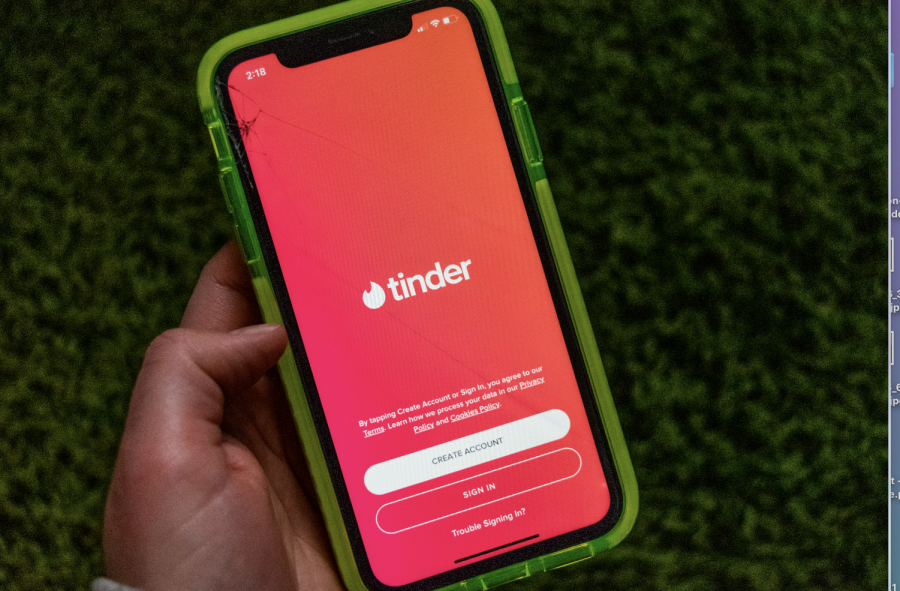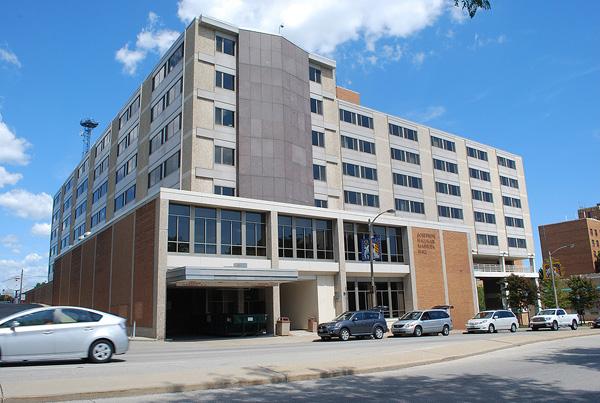Cell phones have become a vital part of our everyday lives. In the modern era, they are essentially our main form of communication outside of face-to-face contact. With more innovation over time, cell phones have the ability to micromanage our lives.
Calendars, reminders, even an app that finds your lost items, the possibilities with the device are seemingly endless. So, when phone application developers tested the online dating waters, a whole new wave of innovation came crashing onto the scene.
This innovation came in the form of quick dating apps, the most popular being Tinder. These applications combine the idea of quick communication with online dating. They are extremely popular, and half the people I know have an account.
I am not one of those people. I do not have a Tinder account, nor have I any plans to get one. However, this hasn’t stopped friends from trying to persuade me otherwise. People have told me that it’s ‘the best way to meet people,’ but this is a notion I strongly disagree with.
Tinder, and other quick communication dating apps, has introduced a negative trend to our society: the elimination of actual human interaction. Why go out to a bar or party and try to meet people when you can sit on your couch and text 20 people at once? Quick dating apps like Tinder are an apathetic form of socialization.
The beauty of meeting people is interpersonal communication, but without seeing someone face to face, making deeper connections with them is much more difficult. Texting and computerized communication eliminate a vital part of how we connect. When I introduce myself to someone in person, I feel as though I have made a stronger impression than I ever could on Tinder and through text.
Just being able to see another person’s facial expressions and their mannerisms makes it a lot easier to make some sort of connection with them. Seeing them live ensures that there is no hiding behind a photoshopped picture or texts that have been edited several times. The interactions are more authentic. Communication like this just isn’t possible through online interaction.
We have grown into a society dependent on quick communication. However, implementing this ideology into intimate relationship building isn’t a good idea. I dislike the idea of texting a person for maybe a day or so, and then deciding to meet up and go on a formal date. Relationship building is a slow process, and attempting to reach the climax of it so quickly, especially over online messaging, seems unwise.
A genuine human smile can have heavy effects on human interactions. Emojis and texts attempt, but ultimately fail, to imitate this very important cooperation.
This isn’t the only concern I have with quick dating apps. Safety is another issue. It is difficult for users to know who they are speaking to online. This applies especially for people who plan on meeting with that person. In many cases, this is the end goal with Tinder.
Tinder users have informed me that they use methods to avoid possible confrontations, such as name searching the person on Facebook. However, this isn’t an effective way of finding out whether a person is real or not. It’s simple to fake a Facebook account, or any online profile for that matter.
When you sign up for Tinder, you are assuming this risk. Though uncommon, the possibility of danger makes using online dating apps almost not worth it.
Now, of course there is always a risk of something like this occurring offline too. The truth is, you never really know a person, especially someone you just met. However, meeting someone in public is a much safer option than meeting them one on one after chatting online. Being in public greatly decreases the chances of something dangerous occurring.
Tinder is obviously a smash hit in the quick dating department. However, it is imperfect, and our society should certainly not be relying on it to find relationships.













